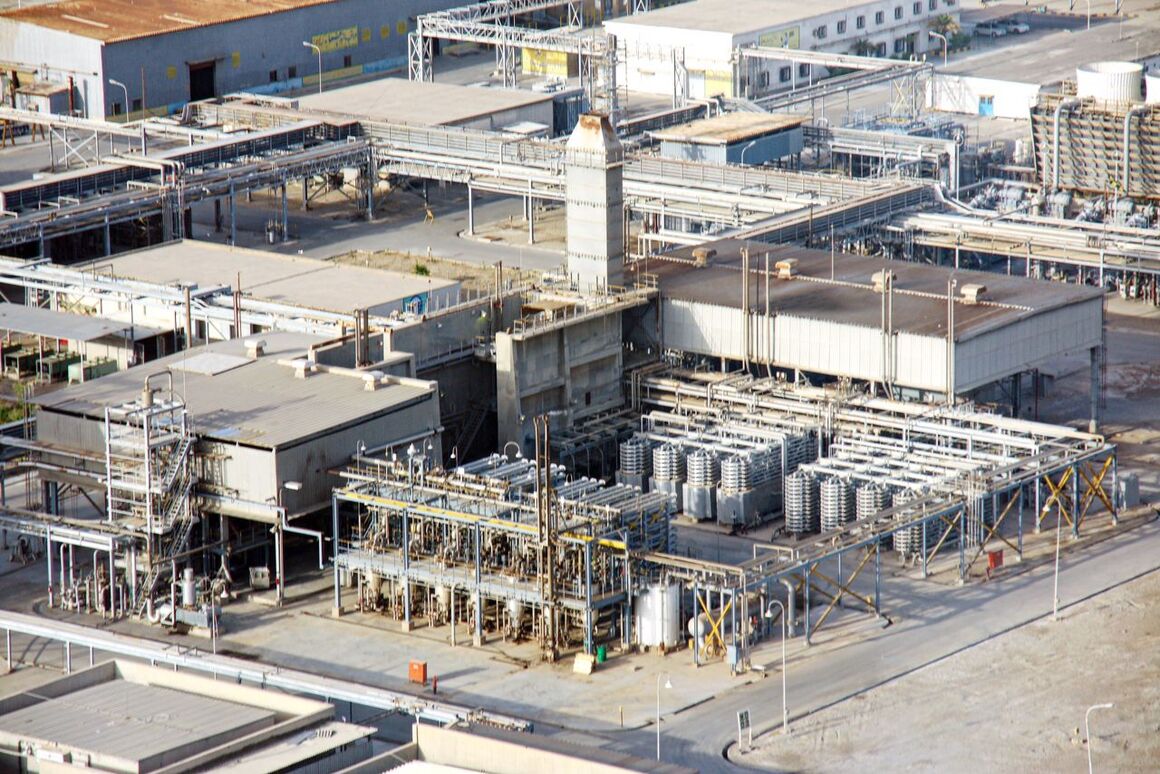Hossein Afshin, speaking on Saturday during the signing ceremony of a cooperation agreement to develop an AI assistant for the petrochemical industry, highlighted the notable opportunities presented by the Technology-Based Economy Leap Law.
He emphasized that this law provides a crucial opportunity to strengthen the connection between universities and industry.
Afshin noted that this opportunity spans two to five years and stressed that if universities and companies effectively utilize this framework, they can achieve remarkable progress in this field.
The Vice President elaborated on Articles 11 and 13 of the Leap Production Law, explaining that under Article 13, research contracts with academics in the research and development (R&D) sector can benefit from tax credits.
He mentioned an agreement with the Tax Administration, which has established a tax credit secretariat under the Vice Presidency for Science and Technology. Financially, universities can access up to 2.5 billion tomans (approximately $60,000) at the discretion of the university president. The tripartite memorandum signed today pertains to Article 13.
Regarding Article 11 of the Technology-Based Economy Leap Law, Afshin explained that it includes two clauses: One clause allows private or state-owned companies investing in R&D to receive tax credits equivalent to their annual depreciation, while another clause grants full tax credits for equipment used within universities.
Focus on AI platform
Afshin highlighted that the National AI Platform has been a priority since the beginning of the 14th administration.
He noted that the project, centered at Sharif University of Technology, is progressing with nearly 80 faculty members and researchers working on it. The first phase is set to be unveiled by the end of the current Iranian year (March 20).
He emphasized the importance of investing in AI, expressing confidence that those who invest in this field will reap financial benefits in the future. Afshin revealed that nearly 10 billion tomans have been invested so far, with expectations that the investment will reach its maximum return in about 40 to 50 years.
Afshin also expressed satisfaction with the selection of Maroun Petrochemical Company for cooperation in implementing AI in the petrochemical industry. He noted that the company has invited numerous students to its site and conducted various training programs for them.
The Vice President announced the preparation of specific documents for each university to enhance scientific and research collaborations. He stated that the Vice Presidency for Science and Technology supports universities based on their strengths and areas of improvement, allowing for targeted development rather than a blanket approach.
Importance of tax credit capacity
Abbas Mousavi, President of Sharif University of Technology, also spoke at the ceremony, highlighting the existing capacities at the university.
He expressed regret that these capacities have not been fully utilized for maximum interaction with the petrochemical industry and expressed hope that the tripartite memorandum would mark a good start in leveraging this potential.
Mousavi mentioned the involvement of Sharif University’s Electronics and Energy Research Centers in this initiative, expressing optimism that collaboration with faculties and centers working on AI at the university would lead to positive developments in AI and its application in the petrochemical industry.
He also emphasized the importance of utilizing tax credit capacities, noting that it could bring significant benefits to both industry and academia.


Your Comment